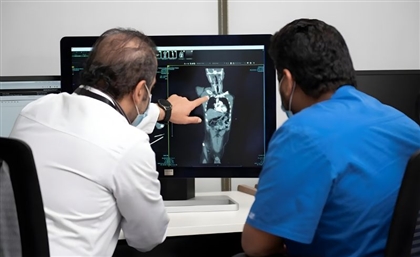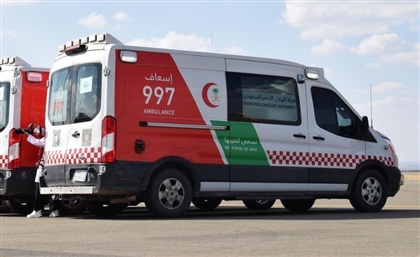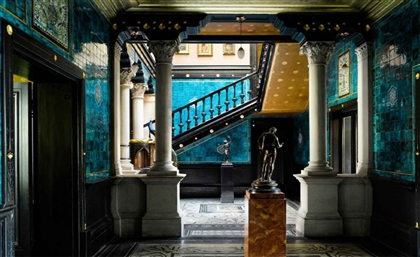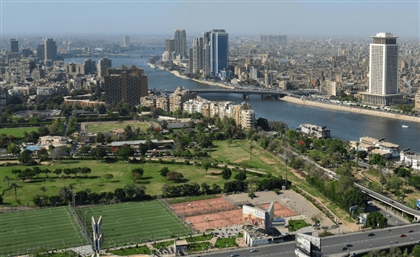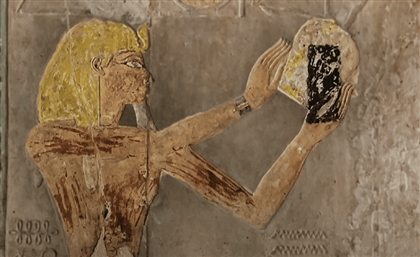Leqembi Becomes First Targeted Alzheimer’s Drug Approved in KSA
A gene-matched Alzheimer’s drug that slows early symptoms is now approved for use. Patients will need genetic screening, fortnightly infusions, and regular brain scans to stay on treatment.
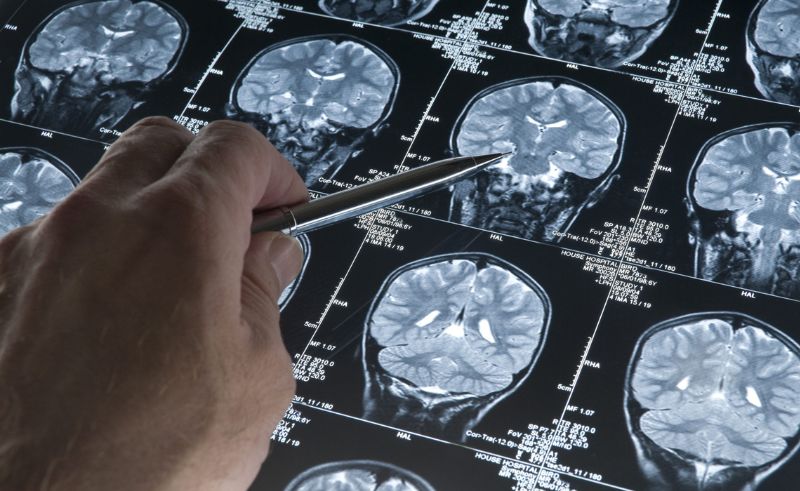
Saudi Arabia has approved Leqembi, a targeted treatment for Alzheimer’s disease, becoming the first therapy of its kind to receive regulatory clearance in the Kingdom. The Saudi Food and Drug Authority (SFDA) registered the drug for patients with mild cognitive impairment or early-stage dementia, marking a significant development in the country’s approach to neurodegenerative disease.
Leqembi is a monoclonal antibody therapy administered through intravenous infusion every two weeks. It works by targeting beta-amyloid plaques in the brain, a key hallmark of Alzheimer’s disease linked to cognitive decline.
The drug is approved only for patients who meet specific genetic and clinical criteria. Those eligible must carry no more than one copy of the ApoE4 gene variant, and genetic screening is required before treatment.
Clinical trials have shown that Leqembi can slow the progression of symptoms compared to a placebo, using standard neurocognitive benchmarks. However, the treatment is not without risk. In addition to common side effects like headaches and infusion-related reactions, more serious complications include Amyloid-Related Imaging Abnormalities (ARIA), such as brain swelling or microbleeds detectable on MRI scans. Patients must undergo regular monitoring throughout treatment.
The SFDA’s approval is conditional. The drug’s manufacturer is required to submit additional data on safety and effectiveness and follow a risk management plan. Physicians must also adhere to strict screening protocols and ongoing oversight.
Leqembi’s approval marks a shift toward more personalised medical treatment in the Kingdom, while raising broader questions about cost, access, and the future of gene-specific therapies.
- Previous Article Chiati Loses Himself in ‘Cairo Traffic’ for New Music Video
- Next Article Inside Egypt’s Seven UNESCO World Heritage Sites
Trending This Week
-
Jan 31, 2026








